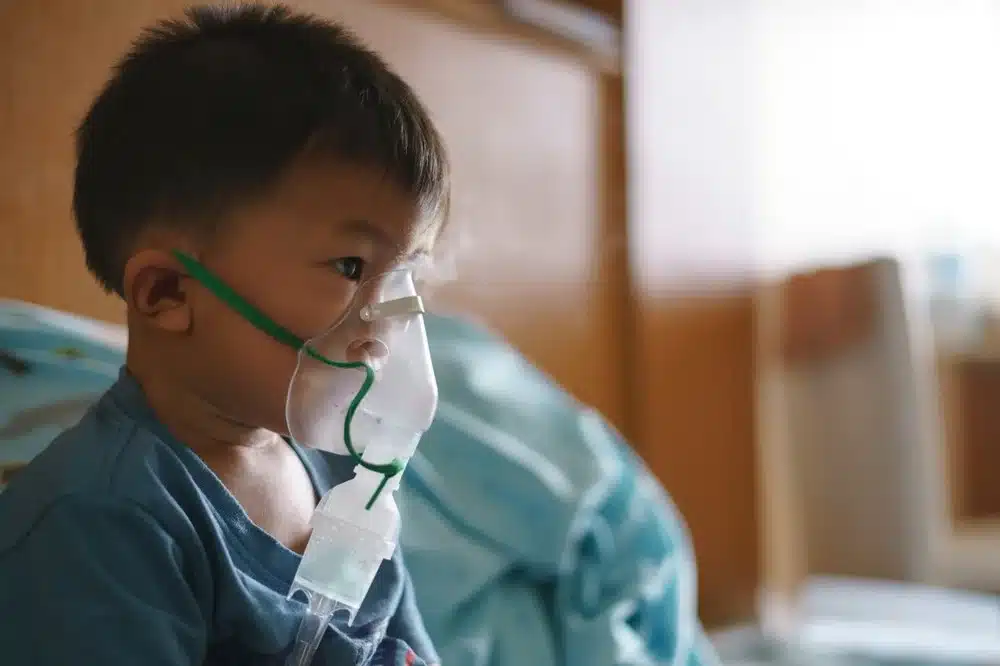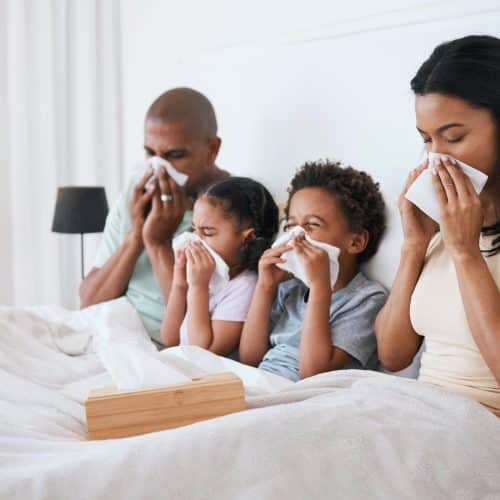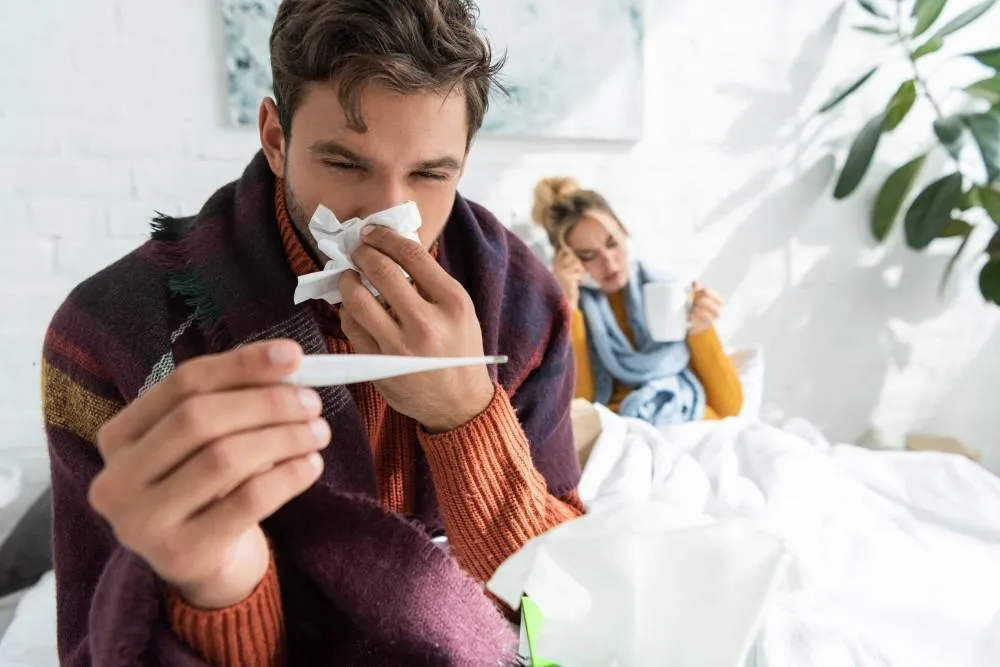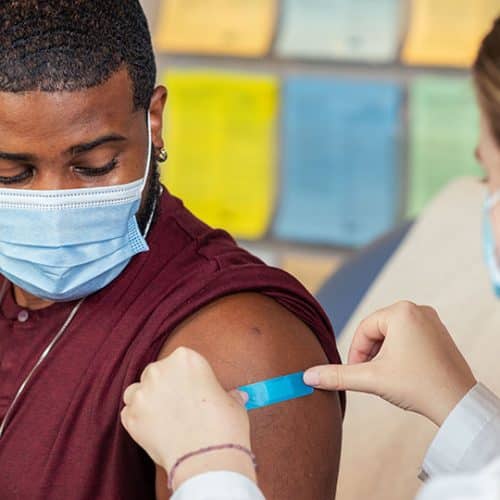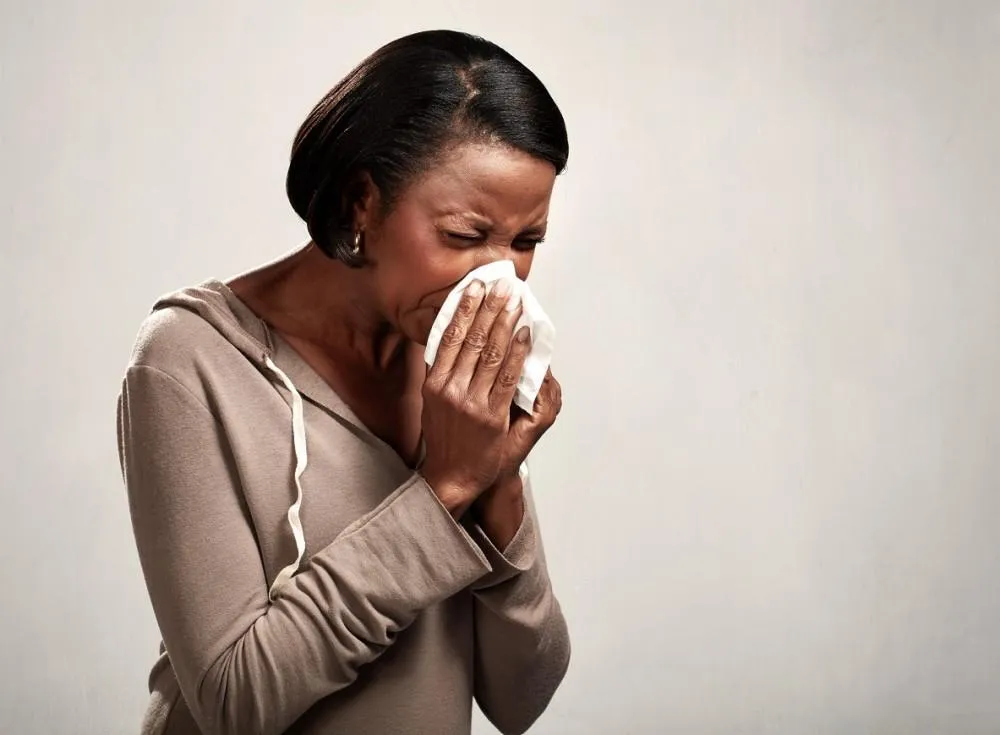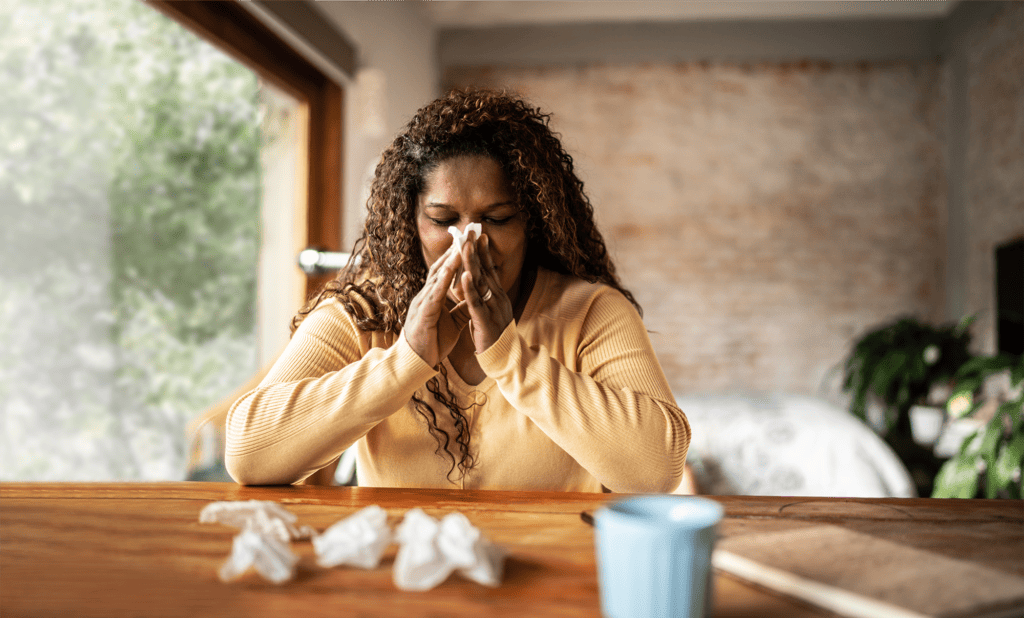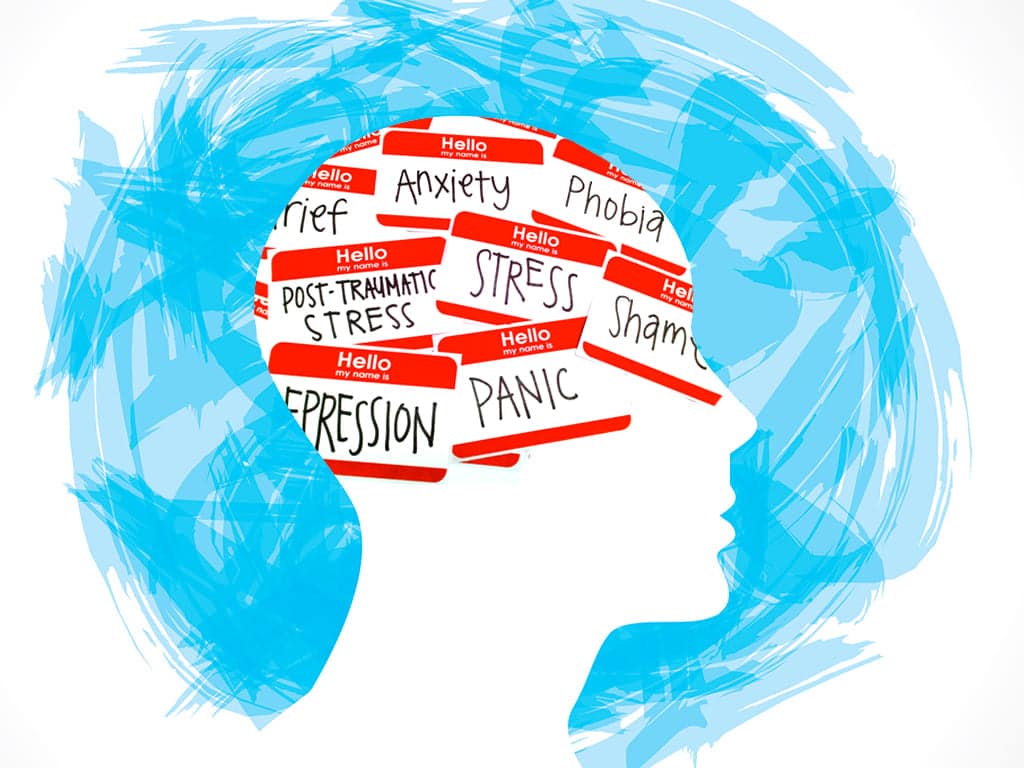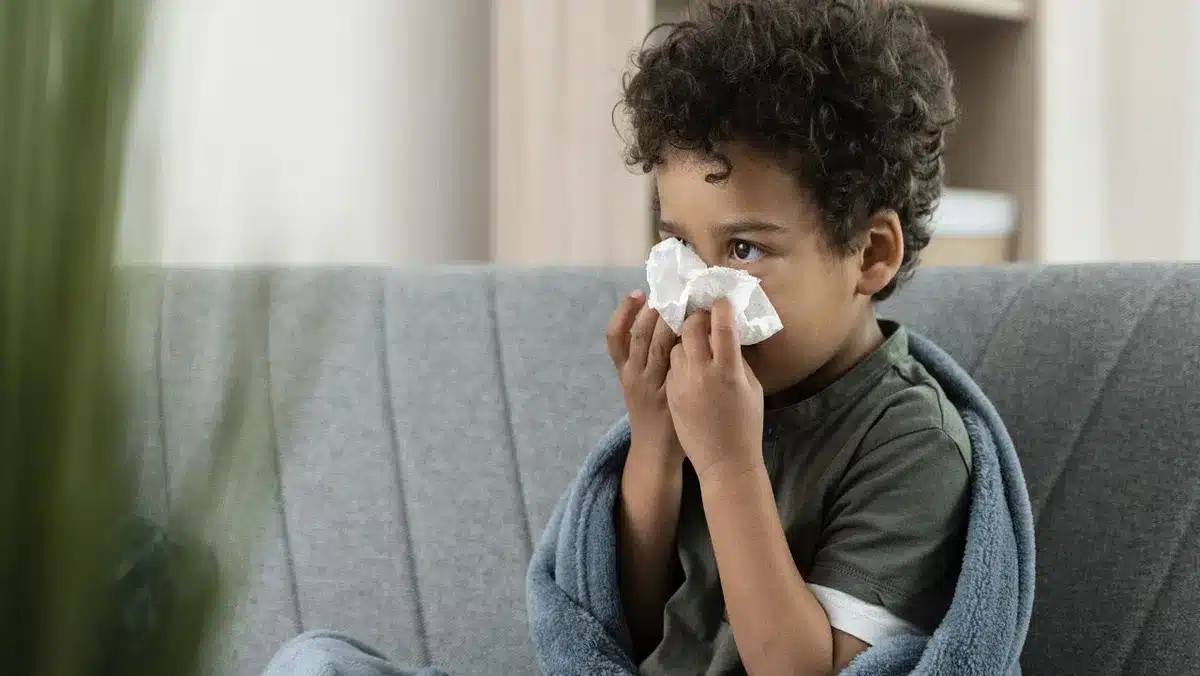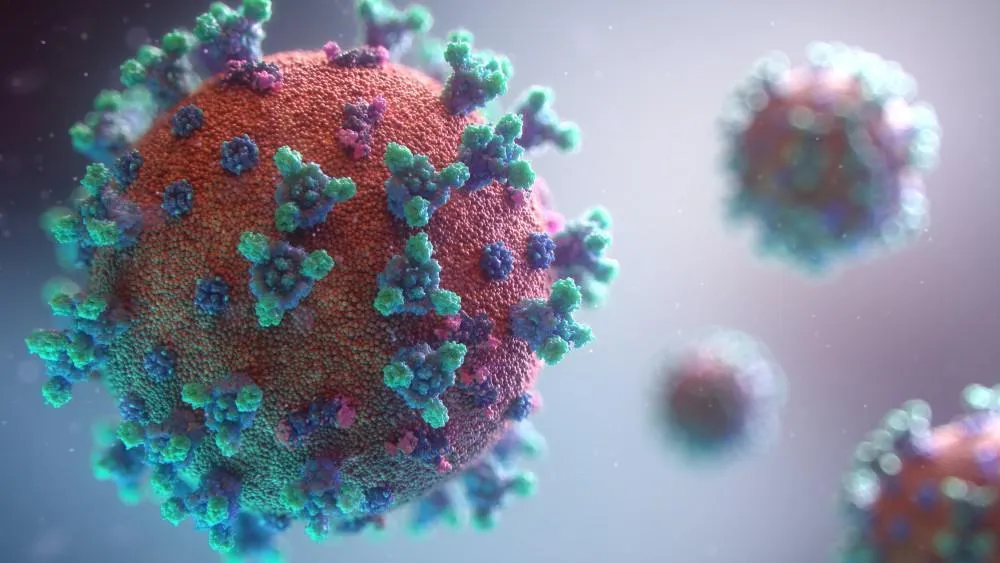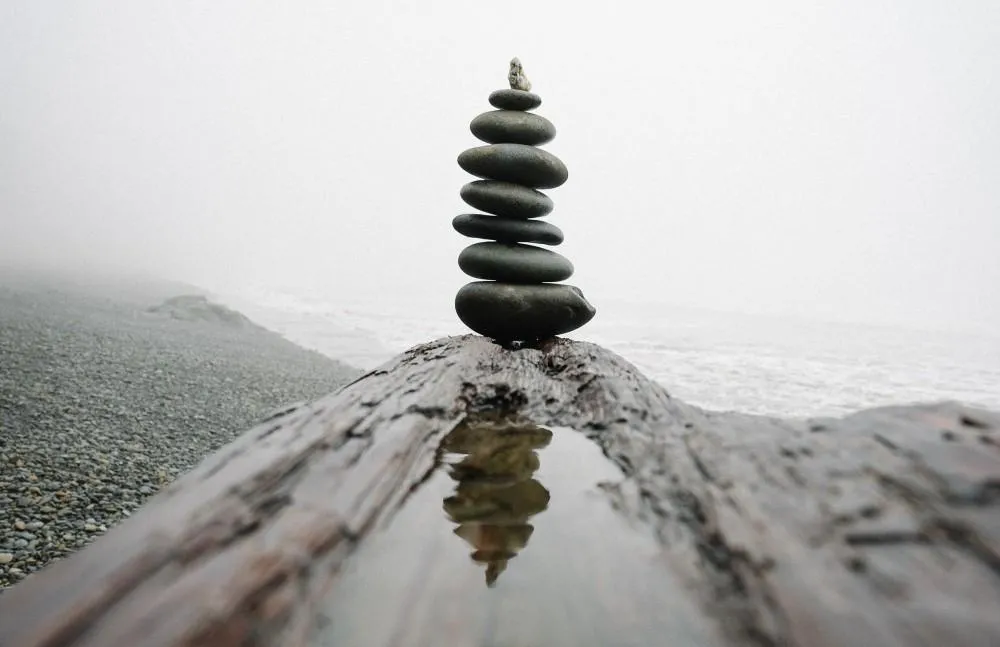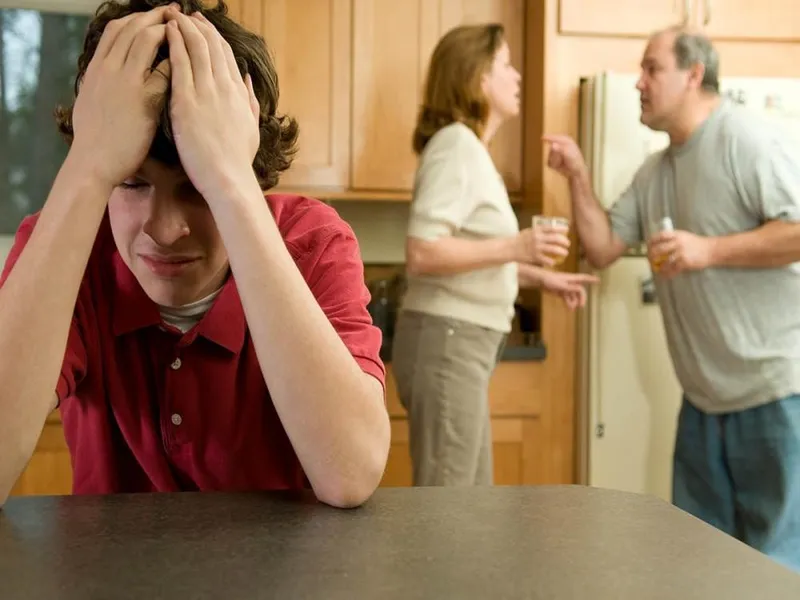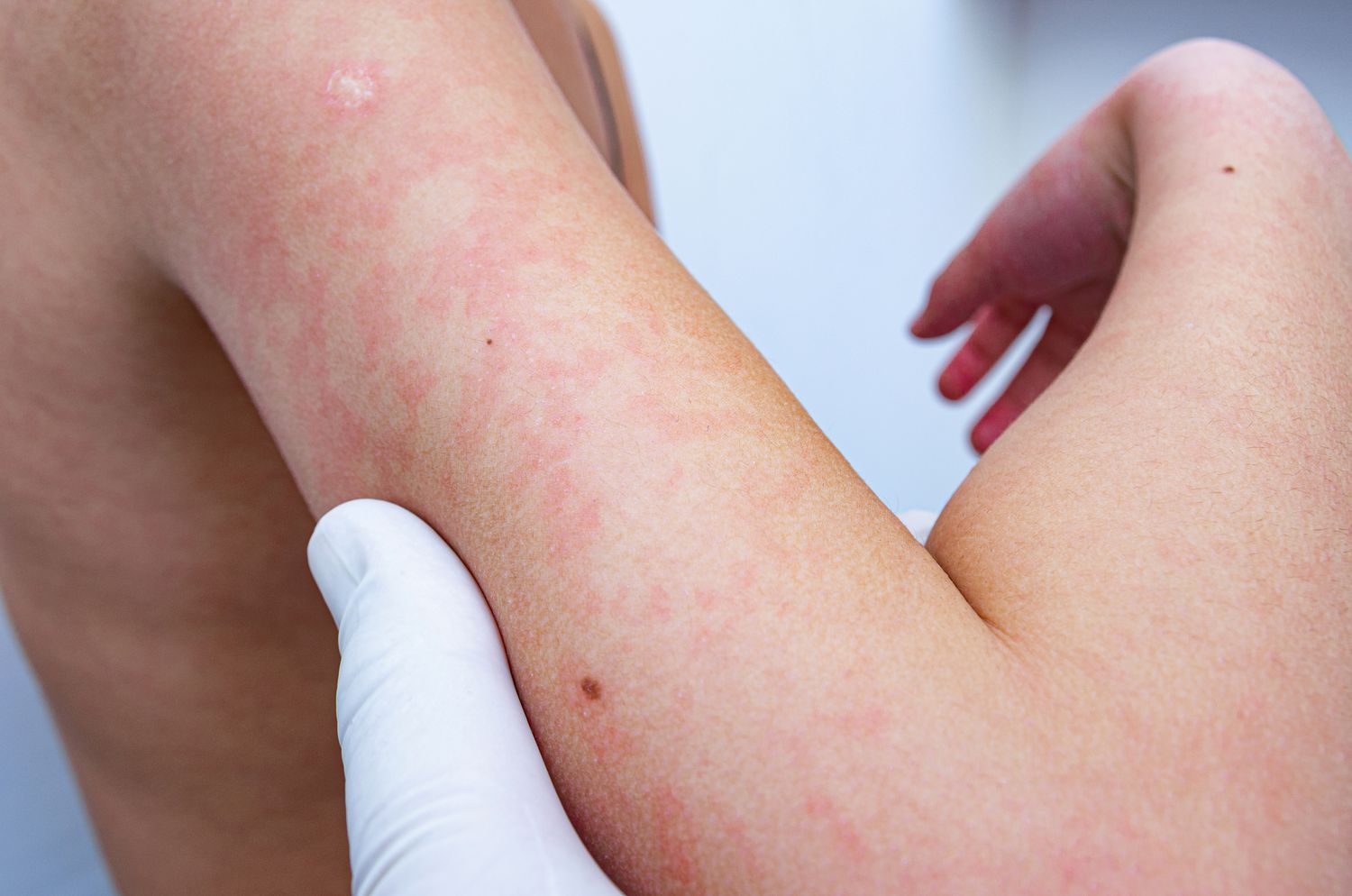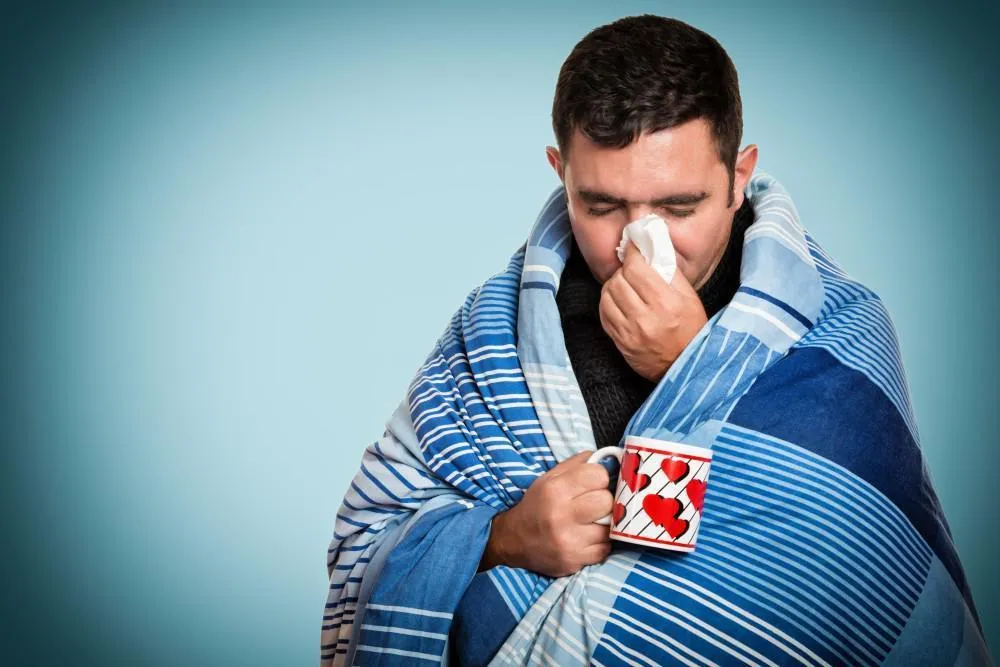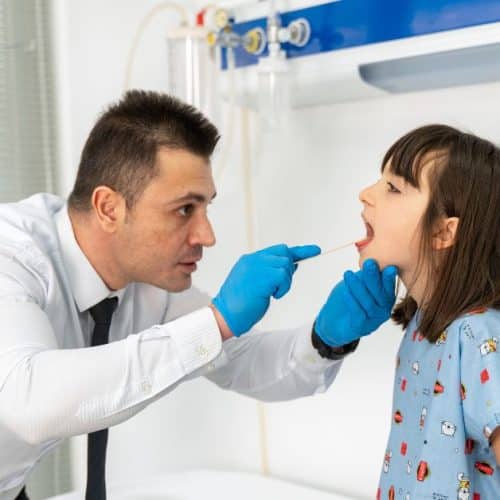Holiday Blues: How to Manage, When to Seek Help

How to Manage the Post-Holiday Blues
Many people, when they come to work after a long holiday, instead of feeling energized, feel tired and broken. This is a syndrome of post-holiday blues, associated with a sudden change in daily routine and a decrease in adrenaline levels. So, what to do if your depressive state is lingering?
Post-holiday depression is not a slacker’s fiction by any means, but a quite serious human condition that can last anywhere from an hour to several weeks. According to studies by the World Health Organization, more than half of the people in the world suffer from this disease. If you are one of them, don’t worry: there are certain ways to cope with post-holiday moping. If you get to know how self-care reduces stress it would be easier to cope with depression.
Understanding the Holiday Blues
Post-holiday depression is a period of sadness that can last for at least two weeks after a long holiday season. Following the holiday festivities, many people may face grave thoughts, loneliness, and anxiety. These are just a small part of possible negative emotions that a person may encounter. Even those who enjoy a long vacation can experience stress and emotional exhaustion.
It is more of a psychological phenomenon where people may feel sadness, frustration, or devastation after a certain life stage is over. Although the holidays represent an ideal time for love, joy, and caring for oneself and others, they can often cause depression. This is because people don’t want to part with a sense of ease and carefree feeling when they have to return to their daily routines and responsibilities.
This is why many people are familiar with the feeling of apathy, lethargy and exhaustion when returning to work. In such cases, particularly sensitive people become irascible, nervous, and irritable. Under the influence of these emotions, they often make hasty and rash decisions that can have negative consequences.
What are the Symptoms of Holiday Blues?
A recurring or persistent feeling of sadness is one of the most common symptoms of post-holiday depression. It can vary in intensity and duration. Some people may feel depressed periodically but experience brief periods of high spirits.
Other signs of post-holiday anxiety may include:
- changes in appetite or weight;
- changes in sleep routines;
- depressed or irritable mood;
- concentration difficulties;
- feelings of guilt, tension, worry, or anxiety;
- feelings of fatigue above normal levels;
- loss of pleasure in doing familiar activities.
Although post-holiday sadness is often compared to depression, it is slightly a different condition. This is a short-term depression that is characterized by a variety of symptoms such as apathy, desolation, frustration, loneliness, and anxiety, as well as tension, sleep disturbance, decreased appetite, difficulty concentrating, and loss of energy. Sleep issues and depression often exacerbate each other, forming a challenging cycle that can impact overall well-being.
These factors may be in addition to worries about expenses and financial status, active work or study pressure, as well as relationship issues with others and holiday experiences. Unlike depression, post-holiday syndrome is short-lived; however, if these symptoms persist for more than a couple of weeks, it is recommended to see a mental health provider.
Tips for Managing the Holiday Blues
Many people look forward to the holidays. However, once the celebrations are over, the transition to the normal routine can be difficult. Therefore, there is no need to divide time into the “before and after” of holidays. It’s important to learn to enjoy every moment of life, whether it’s the holidays or regular weekdays.
6 tips for a stress-free holiday season:
- Organizing relief days will help the body recover from holiday feasts. Eating during the holidays is often not healthy, so the body needs a break. It is recommended to follow a diet.
- Physical activity such as swimming, fitness or gym classes are effective in fighting depression. Even exercising or walking can help.
- Planning your daily regimen by minutes allows you to set aside time not only for daily activities but also for entertainment and adequate sleep.
- General house cleaning helps get rid of reminders of past holidays and stop pining for them.
- Changes in appearance, such as a new hairstyle or an outfit, can have a positive impact on your mood.
- Sharing your experiences with loved ones can help you cope with depression.
If the holiday season passes and you still are feeling depressed after a vacation, you should talk to a psychologist or other mental health professional to assess the seriousness of your condition.
Dealing with Post-Holiday Depression
Navigating the transition from festive holidays to routine can be challenging. Post-holiday blues, characterized by feelings of sadness or letdown, are common during this time. To cope, prioritize self-care: maintain a healthy diet, exercise regularly, and ensure adequate sleep. Establishing a daily routine can provide structure and stability. Engage in activities that bring joy and relaxation, such as hobbies or spending time with loved ones. Seek support from friends or professionals if needed. Remember, it’s natural to feel a bit down after the holidays, but with self-compassion and positive coping strategies, it’s possible to navigate this period successfully.
Mental health professionals recommend resting with a change of activities that will stimulate imagination and creativity. To enjoy your work, take breaks to read paper books, do puzzles, or draw.
Identify important and urgent tasks, as well as things that you can and cannot delegate to others. Start the most difficult tasks in the morning and leave the easier ones for the afternoon. If you don’t feel up to working, give yourself a rest and return to tasks later after you’ve regained your energy.
Depression after Christmas or other holidays can be treated, you just need to change your thinking. Meditation, special relaxation exercises, and the ability to rejoice and be surprised by pleasant little things that often happen in a person’s life will help. Understand for yourself: every weekday cannot be a holiday. And for the next holiday to be as bright, you will need time to devote not only to work but also to your loved ones.
Depression therapy offers individuals struggling with mental health challenges effective tools and support to navigate their journey toward healing and recovery.
When to Seek Help
Knowing when to seek help for post-holiday blues is important for your mental well-being. If feelings of sadness, lethargy, or anxiety persist for more than a few weeks and significantly interfere with your daily life, it may be time to seek professional help.
Other signs include difficulty functioning at work or in relationships, changes in appetite or sleep patterns, and thoughts of self-harm. A mental health professional can provide support, guidance, and strategies to manage your symptoms effectively. Don’t hesitate to reach out for help if you’re struggling to cope with post-holiday blues.





